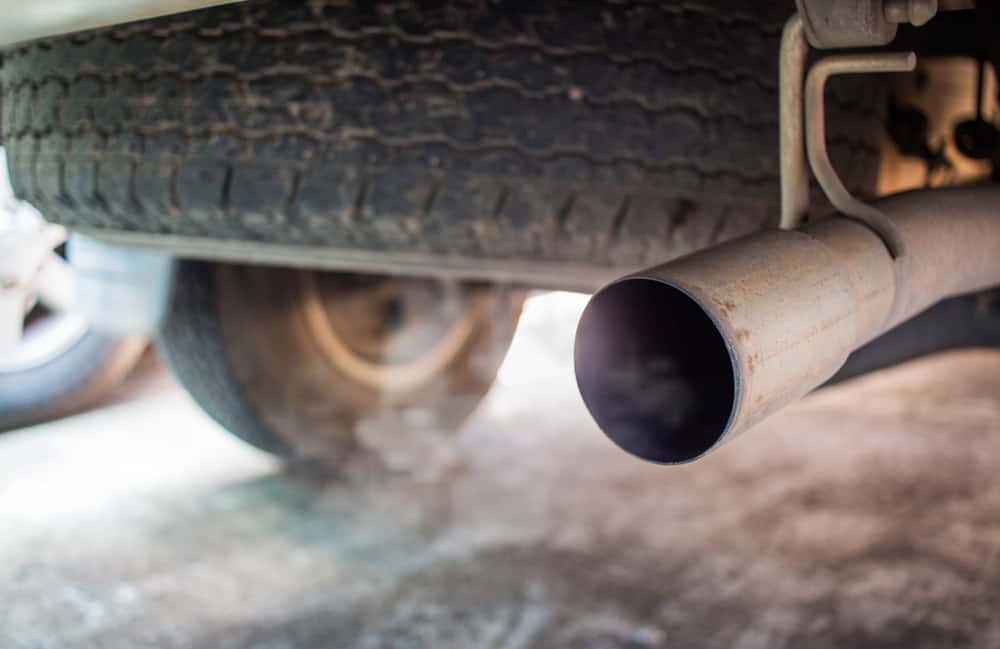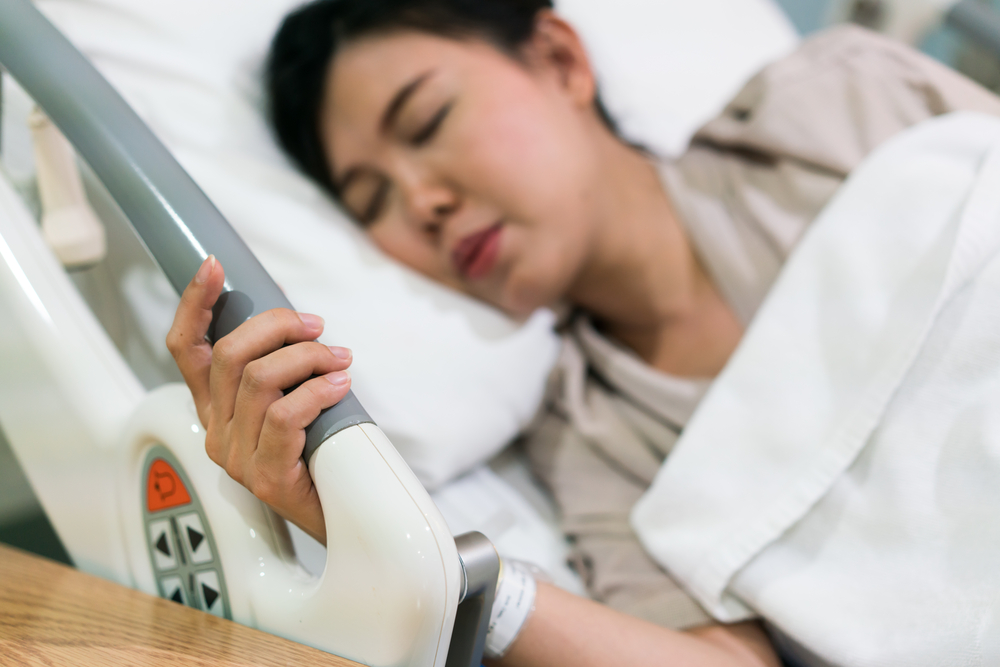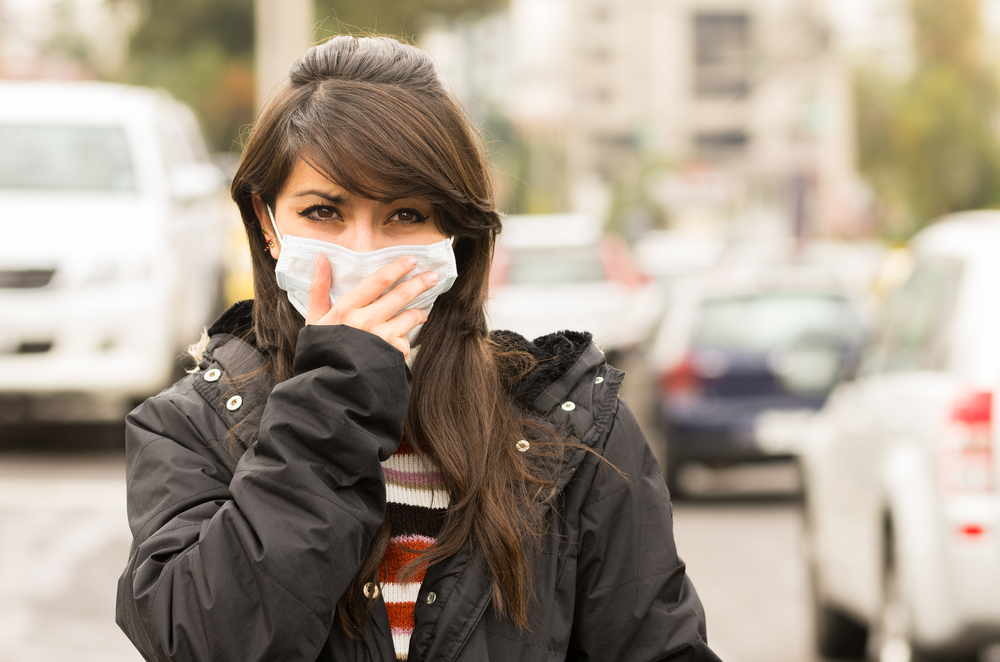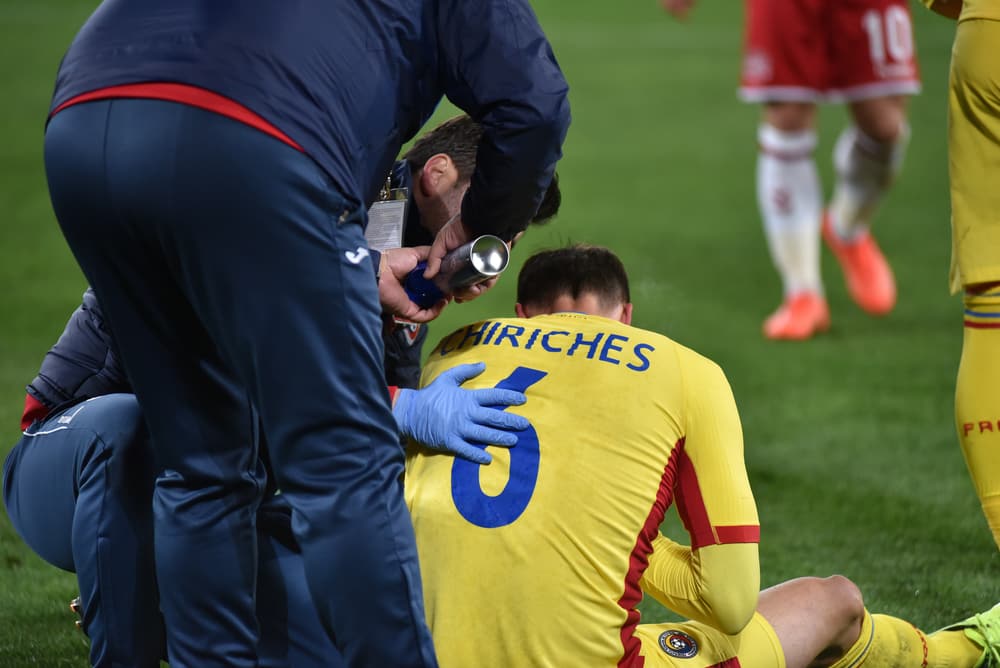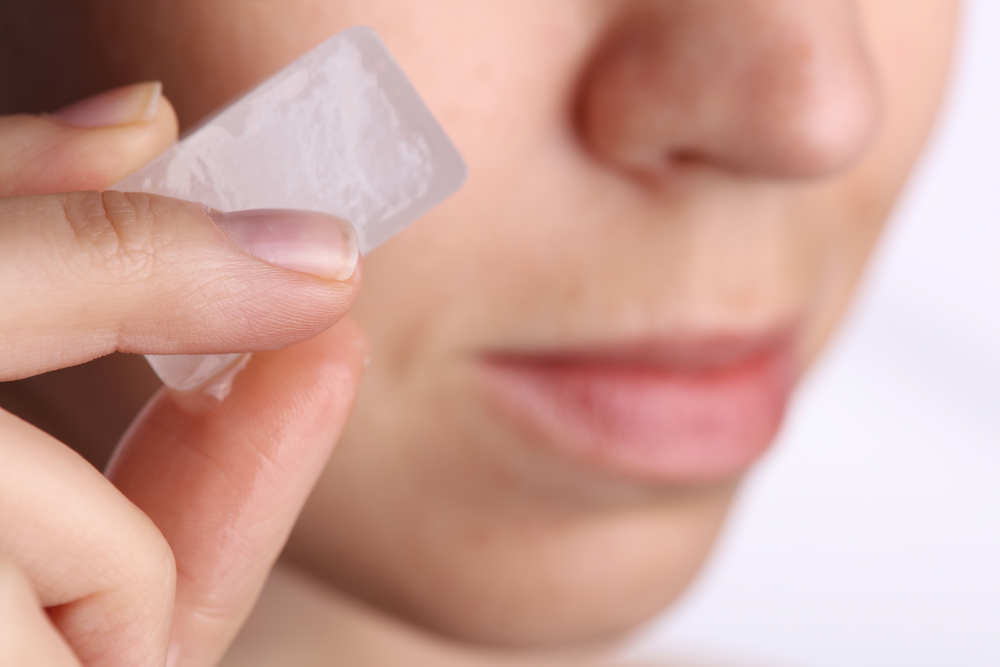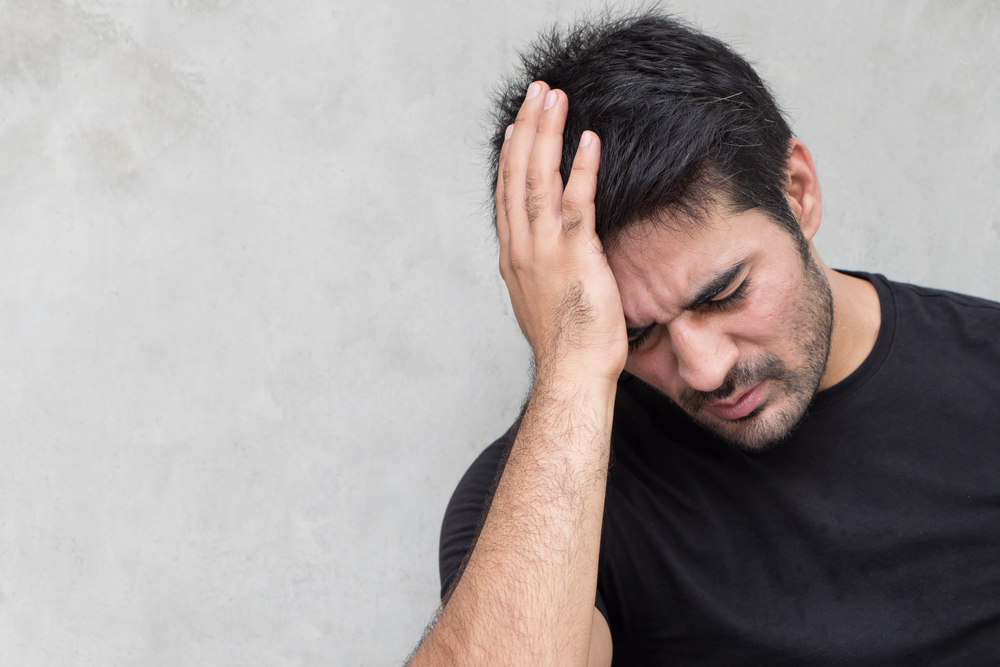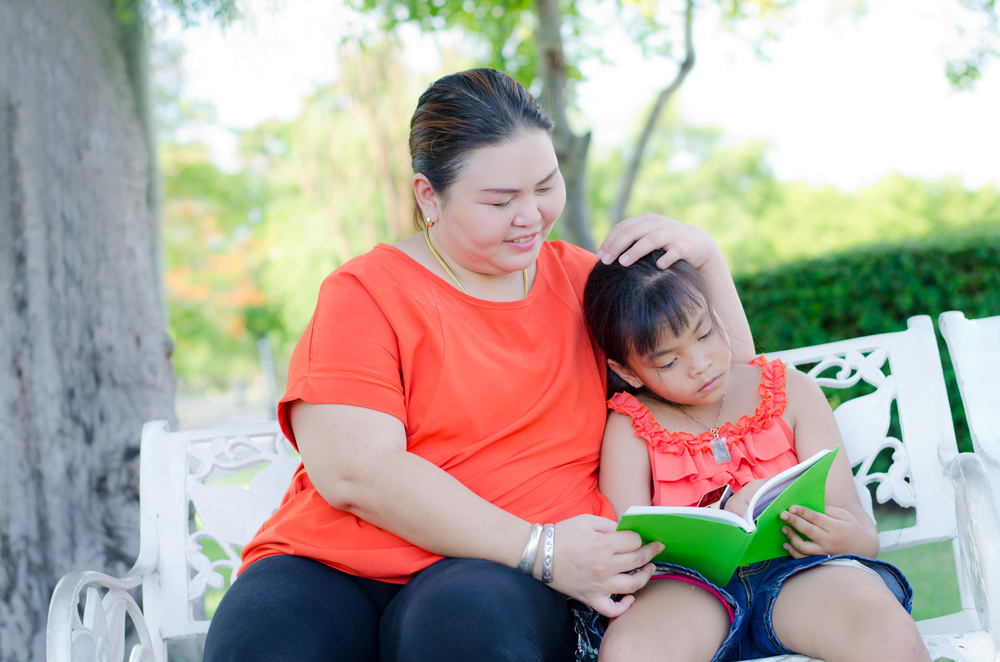Contents:
- Medical Video: Winter Hazard: Carbon Monoxide Poisoning
- What is contained in gas monoxide, so it can be toxic?
- Symptoms of carbon monoxide poisoning
- First aid in carbon monoxide poisoning
- What should be done while waiting for help?
Medical Video: Winter Hazard: Carbon Monoxide Poisoning
Cases of carbon monoxide poisoning are quite common. One of the cases of gas poisoning in Indonesia which had caused a public uproar occurred in 2007 in a boarding school in Kuningan, West Java. The latest case of monoxide poisoning was experienced by K-Pop Shinee vocalist Kim Jonghyun some time ago after deliberately inhaling carbon monoxide gas to end his life.
Gas monoxide poisoning can be fatal. Here's what you have to do to save yourself and / or save other people when caught in the same situation.
What is contained in gas monoxide, so it can be toxic?
Carbon monoxide is called the silent killer because the symptoms are vague and can kill silently. Moreover, carbon monoxide or CO gas poisoning is often detected late because this gas is odorless, colorless, tasteless, and does not irritate. In fact, carbon monoxide gas is flammable and highly toxic.
This gas is produced from incomplete combustion, for example in motor vehicle exhaust fumes, heating stoves such as stoves or wood stoves, train fumes, and cigarette smoke. The percentage of carbon monoxide from combustion varies. For example, car exhaust fumes usually contain 9% CO gas. The monoxide content of cigarette smoke can range between 5-10 percent.
After inhalation, carbon monoxide can be tightly bound in blood hemoglobin 200 times stronger than oxygen bonds. CO gas will flow with the blood to all parts of the body, causing cell and tissue damage due to lack of oxygen.
Symptoms of carbon monoxide poisoning
The following are the initial symptoms that may appear after carbon monoxide poisoning.
- Headaches and dizziness are irresistible
- Stomach ache
- Nausea and vomiting
- Confusion
- Hard to breathe
- Sleepy
- Very weak feeling
The longer you breathe the gas, the worse the symptoms you get. Severe poisoning can cause loss of balance, loss of vision, loss of memory, to unconsciousness (fainting or coma).
If poisoning is continuous in the long run, then you can experience various symptoms in the nervous system such as difficulty in thinking, concentrating, and changing emotions so that you can sometimes take irrational and impulsive actions.
The following are other symptoms that are more severe because of too long carbon monoxide poisoning.
- Psychological changes and personality changes
- Vertigo
- Ataxia (loss of body coordination due to damage to the brain and nervous system)
- Tachycardia (fast heart rate, can be more than 100 beats per minute)
- Chest pain due to angina or heart disease
- Convulsions
- Loss of consciousness
Carbon monoxide poisoning can cause death.
First aid in carbon monoxide poisoning
The faster the poisoning is detected and handled, the higher your chances of recovering and surviving.
The following is how to do first aid in carbon monoxide poisoning.
Call 119 or an emergency telephone number in your area, or immediately rush to the hospital, if the victim of poisoning experiences any of these things:
- Drowsiness or unconsciousness
- Having respiratory problems or stopping breathing
- An uncontrollable feeling of excitement or anxiety
- Experience seizures
Be prepared to explain information about the victim regarding symptoms, age, weight, medication he uses, and other information you know about the cause of poisoning. Try to determine the amount of poison that has been swallowed and how long it has been since the exposure to the poison began.
What should be done while waiting for help?
Do the following while waiting for help to come:
- Immediately stay away from the place suspected of being the source of the gas, for example a car exhaust. Take it to an open place with lots of fresh air. Avoid closed rooms.
- If the victim shows no signs of life, such as not moving, breathing, or coughing, immediately do cardiac resuscitation (CPR).
- If the victim vomits, tilt your head to the side to prevent choking.
Contact the National Poison Information Center (SIKer) at 0813-1082-6879 in Jakarta, Indonesia, or contact your Regional SIKer for further guidance.

